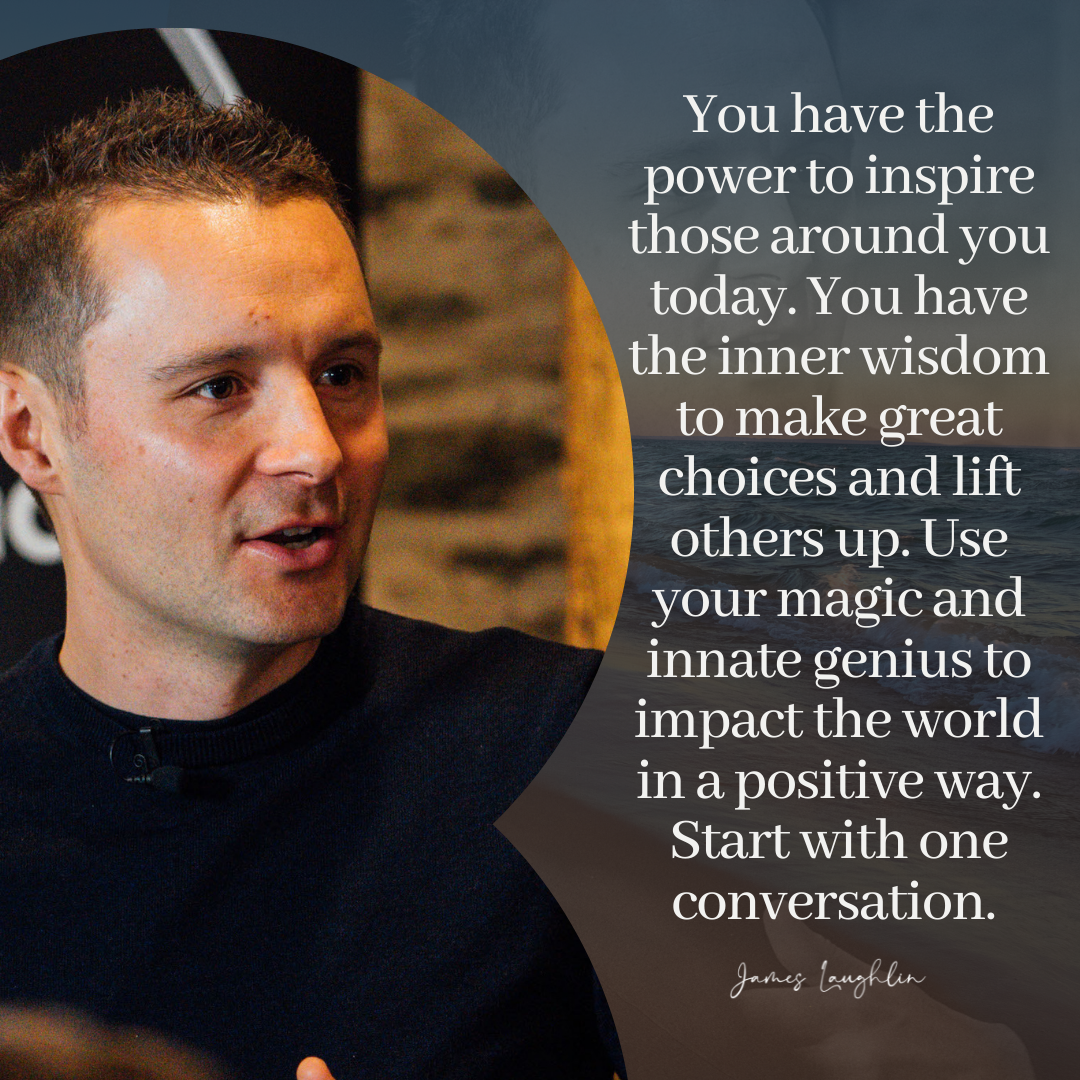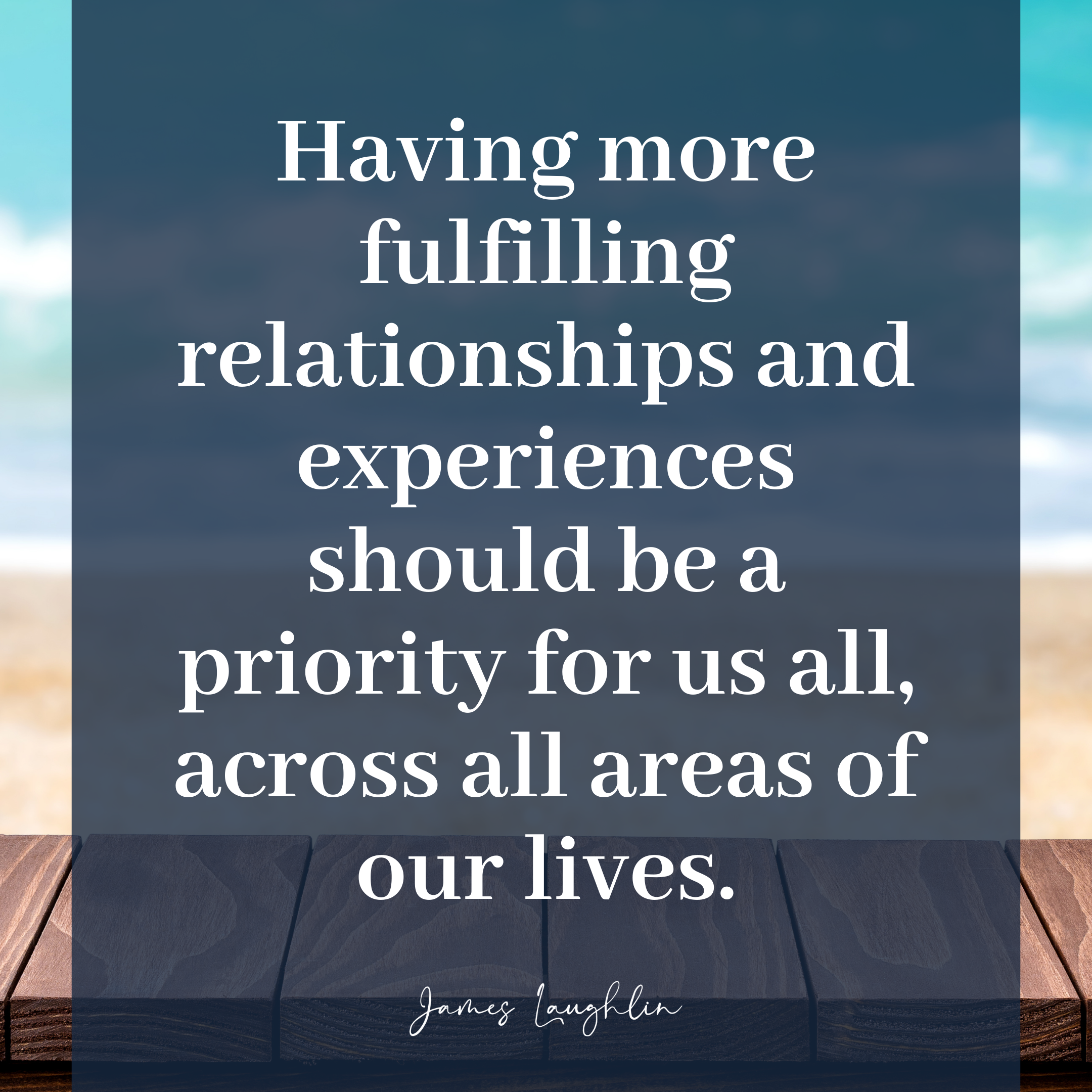How to Master Your Emotions
Aug 22, 2021In life we sometimes respond to external stimuli in ways that don't sit well with us, or with those around us. Maybe you're at work and somebody criticises your work or challenges your honesty. How does that sit with you? Do you respond with poise and control, or does it get the blood boiling and the heart rate pounding?
Or perhaps it's at home and you have a disagreement with your partner. Do you ever get short with them? Do you every lose your patience? Do you wish you could have reacted differently? We've all been there - I am guilty. But we don't have to stay there - we can learn, we can adapt and we can transform.
How do we master our internal emotions? What a great question. It's one that has been asked for millennia. The people who learn to master their emotions are rewarded with a lot more calm, harmony and joy. Having more fulfilling relationships and experiences should be a priority for us all, across all areas of our lives.
Why can some people manage their emotions better than others? Well, some people have done the work - and some people are yet to do the work. Is "the work" ever fully completed? Well, no. You can never be the "master" of emotional self-control but you can strive towards mastery. The pursuit itself is the reward. As you are learning about yourself, your thoughts , your filter and your actions, you are able to adjust the inputs and the outputs through your filter of the world.
Here's how we create feelings: from the moment you wake in the morning, you are faced with external stimuli. It may have started with your own inner self-talk but then you faced the world whether it be your alarm, the smell of coffee, the dog that needs walked and fed, the newspaper on the porch or the email notification on your phone.
As soon as anything sensory is fed into your brain (what your hearing, seeing, smelling, tasting or touching) a meaning is instantly attached to it. When meaning is attached, you instantly have an emotion and so you have created a feeling about it.

So your inner self-talk could start with, "Today is gonna be tough...My boss is never happy...Have we ran out of milk?...Who's turn is it to do the laundry..." Or it could be different if you choose to direct it in a more positive direction. It's important to note that whatever meaning you attach to the stimuli coming in, it will have a direct impact on your emotions. So the answer here, is to attach a more useful and empowering meaning to the stimulus which subsequently will impact your emotions positively.
Let's look at it in real-life:
Let's say you're driving to work and someone rear ends you. You have a split second to attach meaning to that stimulus. Your first response is to swear and build a picture of the "idiot" that crashed into you and you begin to think about the cost involved, both capital and time, and how you"just don't need this problem right now". That meaning you've attached is going to directly impact how you feel. You might feel angry or frustrated. Once you step out of your car to talk to the other driver, how do you think your emotional state will affect the conversation? Well, you are likely to be more confrontational and the conversation may end poorly. Plus, the knock-on effect for the rest of the day will mean that your emotional state is low, negative and self-focused.
You alternate response could be to attach a different meaning which, in turn, will drive a different emotion and create a different outcome for everybody involved. Once you have been rear-ended you could choose to attach the following meaning, "Wow, I have just been rear-ended by another driver. I hope they are ok, they must have a lot on their plate right now to be so distracted. Let me see how I can help resolve this current situation in a thoughtful way." Right away, your emotional state will be impacted through attaching this meaning and you will approach the initial conversation with the other driver in a much more resourceful manner. You will then react and behave in a way that's controlled by YOU and not by a sub-conscious filter that attached a reactionary meaning to the situation.
The question is HOW? Well, the pause is the key. Creating some space between the stimulus and the response is where the power exists. Try it today. When somebody says something to you that triggers you to want to respond immediately, breathe and pause. This way you are suppressing your reactionary response, and giving your conscious mind an opportunity to attach a more empowering filter. Then, you can respond more thoughtfully with emotions that are chosen by you.
Here's how it plays out:
- Incoming Stimuli: Taste, Smell, Sound, Picture, Feeling
- Inner filter attaches meaning
- You feel an emotion
- You react accordingly

In a world that is divided by politics, religion, race, gender and lots more things... how can we converge and unite? Well, I firmly believe that by choosing to master our emotions, we can have better conversations and develop more empathy for the people we are engaging with.
This will have positive impacts for business, relationships, health, wealth and politics but it starts with YOU. How can you step into this new world of emotional mastery? Whats one small action you could take today to implement what you've learned?
You have the power to inspire those around you today. You have the inner wisdom to make great choices and lift others up. Use your magic and innate genius to impact the world in a positive way. Start with one conversation.
James
p.s. If you liked this conversation then I know you will love the Purpose Club. Come join the movement.
